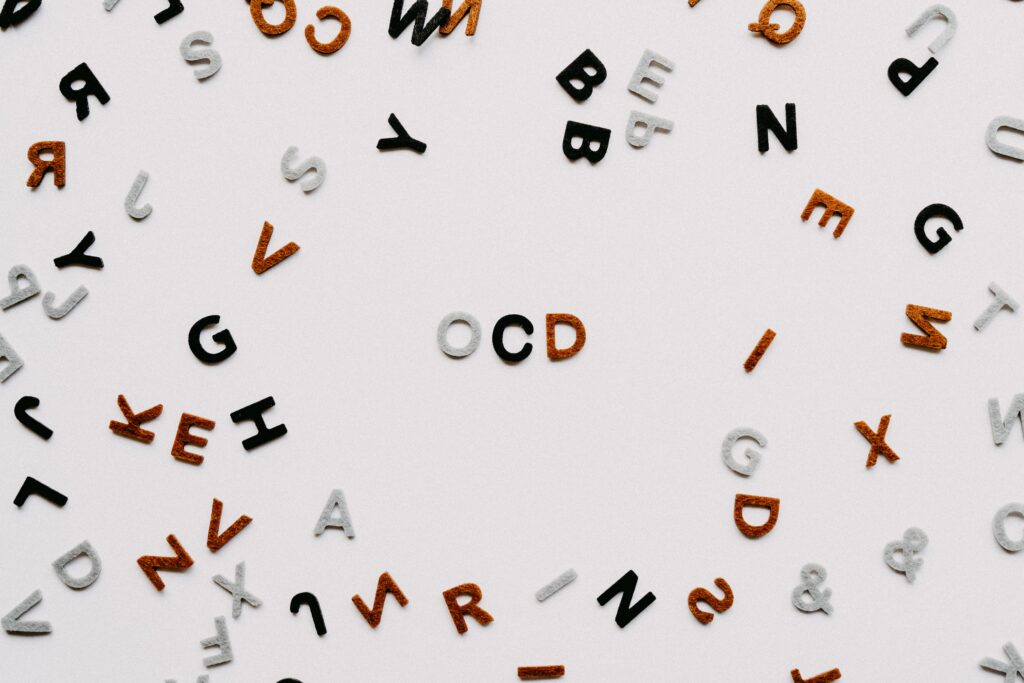When it comes to mental health disorders and challenges, there is a lot of misinformation out there. Social media and the internet have both helped and hindered conversations surrounding mental health and behaviors that can be associated with specific conditions.
While mental health is now more readily talked about in society, there are a lot of different people offering their opinions and personal experiences surrounding the subject. While it is great that individuals feel empowered and encouraged to share their stories, this is also a doorway for myths and misinformation to circulate.
As a parent, it can be extremely difficult to find out the facts. You want to support your child as best you can through whatever mental health journey they are on, which is easier said than done! In this article, we will dispel four myths commonly associated with obsessive-compulsive disorder, or OCD for short.
OCD Is Easy to Diagnose
The first myth that we will be dispelling in this article is that OCD is easy to diagnose. Obsessive-compulsive disorder is one of the more complex mental health challenges to come to an official diagnosis for. OCD can be challenging to diagnose as it carries many similar characteristics to other mental health disorders such as anxiety, depression, and schizophrenia.
Oftentimes, individuals who suffer from one of the above mental health conditions will also experience OCD in combination with the challenges they are already experiencing. This can certainly muddy the waters and make it difficult for parents and doctors to come to a conclusion. This is why it is so important to contact your child’s psychiatrist for a formal evaluation so that your child can get the individual help that they need. Attempting to treat and find coping strategies for a problem you don’t know the root of will be an upward battle. Rely on the professionals to help coach you and your child through the diagnosis process. (1)
Excessive Cleaning Means You Have OCD
When people talk about having OCD, one of the first things that come to mind is excessive cleaning. This is a behavior that many people with OCD carry, and many people who do not have a mental health condition also carry. Just because somebody is an excessive cleaner does not mean that they have obsessive-compulsive disorder.
Instead, this could mean that they prefer a clean home or are very particular about how they keep their spaces. Instead of having a certain preference for the way things are kept, individuals with OCD feel a burning desire to repeat activities again and again. This means that they are more likely to show behaviors such as excessive hand washing, showering, or disinfecting communal surfaces. (2)
OCD People Are Always Neat
Individuals who suffer from OCD are not always the neatest individuals either. OCD causes individuals to repeat actions over and over again, which doesn’t always sway in the direction of cleaning up! Individuals with OCD might feel inclined to put things in special spaces or lay different objects out in a certain order.
OCD Can Rub Off On Those Around You
While OCD can be hereditary and passed down from generation to generation, obsessive-compulsive disorder is not contagious. If someone in your family suffers from OCD, your child has a higher likelihood of developing this condition. However, just because they display certain behaviors does not mean that other children or adults will pick up on these habits and replicate them. (3)
Understanding what is not OCD is just as important as understanding what it is! If you are searching for support as a parent so that you can help your child thrive, contact Neurobehavioral Associates today.
Resources:
- What’s Not OCD – OCD UK
- OCD is not an adjective or a quirk, so let’s all stop using it as one. – Rethink Mental Illness
- Emotional Contamination – International OCD Foundation

